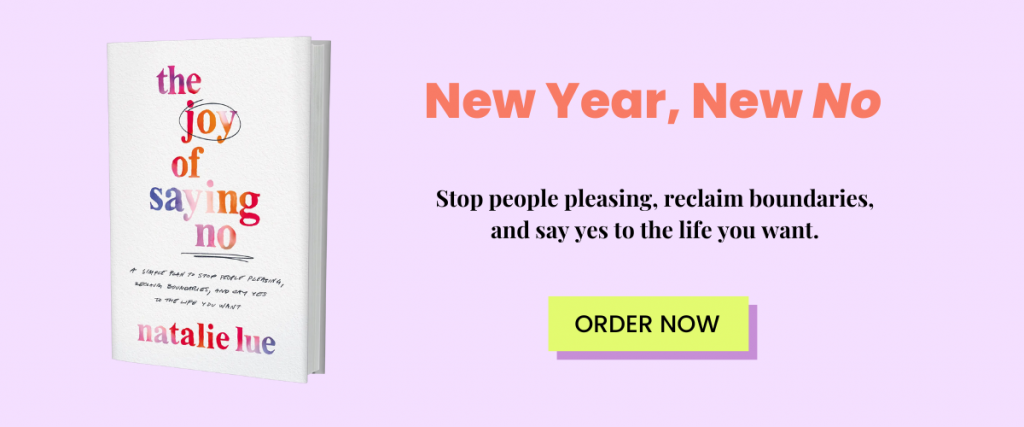[ad_1]
Here’s an all too frequent circumstance: Person A goes on a date with Man or woman B. Person A thinks they arrived across well and that they equally had a fantastic time. Irrespective of seemingly favourable alerts on the date(s), Particular person B suggests they’re not intrigued in even further dates. Or it’s possible they say they aren’t completely ready for or do not want a partnership. Or most likely they disappear and you hardly ever listen to from them once more.
Particular person A internalises Man or woman B’s behaviour as rejection and miracles, What did I do mistaken? They perform the date and the messages exchanged beforehand more than and in excess of in their intellect trying to isolate exactly where they produced they made a deadly mistake. Did I say some thing completely wrong? Was it one thing I did? They appeared definitely eager and even talked about conference up once again. It doesn’t make feeling I never ought to have this.
Here’s an additional also common scenario: You inquire an individual if they can do a little something, and they say no.
Then you experience absent about it. Just after every thing I have accomplished for them, they simply cannot even do this one particular point. Or, Are they aggravated with me? Did I do or say a thing erroneous the other working day?
If this seems at all common to you, you’re so really far from staying by yourself. Regardless of whether we want to acknowledge it or not, we have all felt some kind of way about somebody declaring no.
But for the sake of your psychological, psychological, physical, and spiritual nicely-staying, as very well as your associations, look at on your own.
“Yes” isn’t a reward for “good” and “compliant” behaviour.
When we come to feel affronted, bent out of condition, wounded and whatnot when we receive no, it speaks to our collective societal misconception that “yes” is a reward, the predicted, pretty much obligatory response to “good” and “compliant” conduct. By the way, this mentality feeds a different unhealthy societal belief that “no” is a soiled phrase.
This concept that being “good” and “compliant” can not only Jedi brain trick persons into remaining and carrying out what you want but that it’s a quick monitor move into the You Get Everything You Want lane is the undoing of us as human beings. We’re so targeted on being our thought of “well-behaved” and “not bad” that we overlook to be ourselves. Rather, we consciously and unconsciously execute at our idea of being a Fantastic (read through: deserving and deserving) Human being and really do not acquire account of fact. We foundation our expectations of what can and should occur on how “good” we feel we’ve been.
“Yes” is not a reward for “good” and “compliant” behaviour. It is not. “Yes” doesn’t necessarily mean you’ve finished all the right factors or even that the individual is staying that sincere with you. It also doesn’t indicate that, for the reason that they said certainly to what you feel was “desirable” and “right” conduct on this occasion, if you repeat it with this individual or someone else, they couldn’t or wouldn’t say no.
Also, even if the particular person reported yes honestly and authentically, it does not indicate that it implies one thing great about you. It’s their certainly.

If anyone isn’t fascinated in more dates or they “ghost”, that’s called facts.
Asking yourself what you “did wrong” usually means you are inquiring the erroneous query. This contemplating also reveals a problematic fundamental belief that plagues courting. It’s this notion that it is your work to carry out at remaining as attractive as attainable on a day. You believe that that if you’ve carried out All The Right Things and there are no apparent indicators of discontent or wrongness, you should really get another date. You may well even believe that great behaviour should lead to a romantic relationship or even relationship. Like all you have acquired to do is display up and be whoever you think they want to be to get picked. Um, no.
Dating is a discovery phase. Use relationship ordeals to follow discernment so that you can get clearer on what you require and prioritise compatibility.
If you question any individual if they can do anything and they say no, that is not a rejection of you it’s just no.
You have not finished some thing, and they haven’t accomplished just about anything erroneous.
All the items you’ve accomplished before or all the approaches you think you are “good” are not the credits to obtain other people’s compliance.
A person’s no is an expression of their consciousness of their boundaries and bandwidth at that time. It does not mean that they say usually say no when they need, want to and really should. It does not even indicate that the way they go about stating no is usually boundaried. But people today, which include you, are allowed to say no, whether or not it is authentically or clumsily. If much more of us had been honest with our yeses and nos, we’d live in an totally different, boundaried, happier world.
Can we please end asking ourselves what we “did wrong” when people today don’t reply as we hoped and expected? Similar goes for telling ourselves that we didn’t “deserve it”.
The Joy of Indicating No: A Straightforward System to Quit Men and women Satisfying, Reclaim Boundaries, and Say Certainly to the Daily life You Want (Harper Horizon/HarperCollins) is out now and available in bookshops on and offline. Listen to the initially chapter.
[ad_2]
Resource website link











